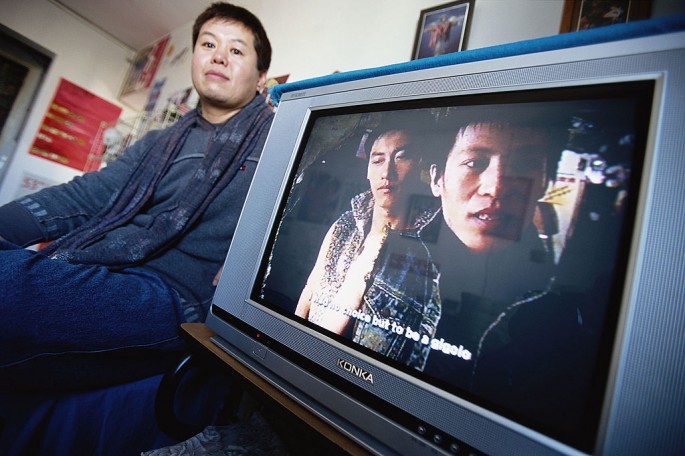In February, the gay-themed online Chinese drama "Addiction" was axed by the censors because of its sensitive theme and negative outlook of officials when it comes to homosexuality.
So far, a two-week gay drama, which premiered on Sept. 12 on China’s internet, has not yet caught the attention of the censor. The hit drama, "Shiru Bushiding" has more than 100 million views online. It is also a hot topic on Weibo with more than one billion reads, reported Global Times.
The interest in gay-themed dramas in China is fueled by the younger generation who has a more open minded when it comes to gays, lesbians and other members of the LGBTI community. There is, in fact, a club made up of Chinese fans of male-to-male romance called the Boys’ Love (BL) fan club found on Baidu Tieba, an online communication platform. The club has over 2 million members.
Chinese women who love those kinds of romance call themselves “funu” which means rotten girl. Its equivalent term in Japan is “fujoshi,” which implies Japanese youth are also fans of male-to-male romance.
It is not just “Shiru Bushiding” which BL members cheer. They also gave their thumbs up when they learned that Lord Ivar, cousin of Queen Elizabeth, recently came out as a gay. They were also happy with the similar admission by American actors Wenthworth Miller and Jim Parsons.
But because of the general negative view of Chinese society on gays, some of the BL fans, during their early stages of fandom, even consult psychologists to ask if something is wrong with them for delighting in BL, said Liu Bo, a psychologist in Beijing.
When iQiyi, the video platform in China, pulled the plug on "Addiction" in response to the command of the censors, the broadcaster got more than 110 million responses online from fans of the gay-themed web series. A lot of the comments were complaints about the censorship that took place.
The move was seen as a confirmation of China’s continued intolerance about members of the LGBTI community.



























